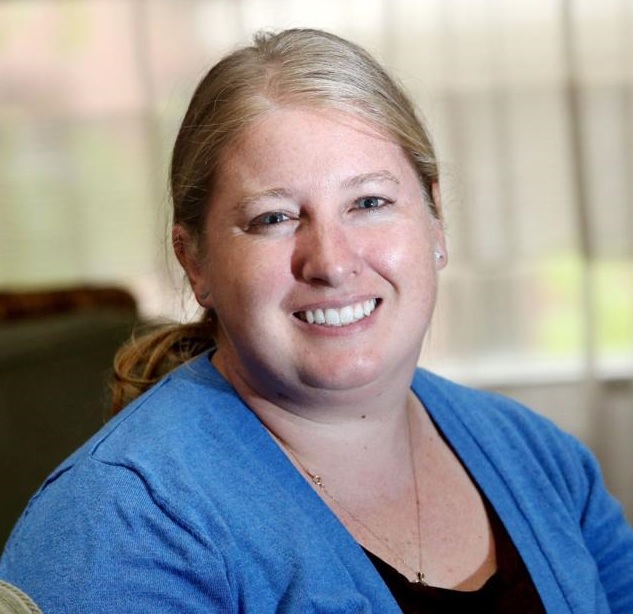
Have you ever experienced trail magic? This term often describes random acts of kindness offered to long-distance hikers. This kindness comes in numerous ways and is expected to follow leave no trace principles. Trail magic can be letters or care packages from home. It can also be from strangers.
Many long-distance hikers report receiving a ride into town or back to the trail, cold drinks, lawn chair in the shade, even a hot shower and a bed for the night. And while the true act of trail magic has no strings attached, the givers often have strings attached to the trails. Many were previous hikers, and they received anonymous support and gifts along their journey. Others intentionally move to towns surrounding trails to spend their summers greeting fellow outdoors people with the kindness they found there.
Trail magic goes beyond just a smile and a candy bar. These acts of kindness go beyond that. Not only does this kind of care offer energy and much-needed calories to the hikers, but it also offers hope. It helps the hard days on the trail become manageable. It is a way of connecting relationally.
In turn, those dusty faces on the trail become a bit of trail magic for the giver, I imagine. The trail magic lies somewhere between reciprocity and altruism.
Trail magic can be found far from the dusty paths across mountains and valleys. For those familiar with Wesleyan theology, the concept of the means of grace is trail magic to me. The means of grace are the ways God offers grace through others and through situations—all in ways to support us and guide us.
As the chaplain for Intermountain Residential, I have rounded a bend on a long hill and discovered a bit of trail magic. It was from former employees and current staff, and it was from the children. Just last week, I was handed an oddly shaped item wrapped in copy paper. The item was cold. I was instructed to not drop it because it was not hard-boiled.
A few weeks ago, I was given some lavender seeds along with specific instructions on how to nurture them. I discovered storage rooms organized exactly how my brain wanted to organize them. I even found a note from a late parishioner who used to work there. The note was not for me, but it filled me with joy to cross her trail another time. For the families who connect with Intermountain, we might be their first stop on their journey. We might be their fifth. Trail magic takes the shape of hard work in family therapy sessions, or a new tool for the parenting tool belt. And, if it would help support and guide a family, I imagine it could also take the shape of a raw egg!
The poignant question we should ask ourselves is what kind of trail magic we have missed, most importantly, the trail magic from children. What are the ways in which God has offered support and guidance with grace—only to be hushed because it is from the chatty child? A child’s engagement and active participation in a community, faith-based or otherwise, is vital for the community’s survival. This is not because the child is the future of that community. The child is the present of that community.
Throughout the scriptures, God led communities through and with young people. When telling the children at Intermountain about this, they were skeptical. Not so much that God had done this, but that God still did this. When I asked, they told me, obviously very humbly, that the world would be in better shape if God was still leading our communities with the guidance young people.
I do not believe God has stopped guiding our communities in this way. I believe we have stopped seeking those young voices and have missed our opportunity to experience the trail magic they can provide. We walk the trail together, young, old, and middle-aged.
Couldn’t we all benefit from the feel for the journey that trail magic brings and the grace we find in one another?

 Click here to subscribe to our RSS feed with your favorite email client and be alerted to new articles.
Click here to subscribe to our RSS feed with your favorite email client and be alerted to new articles.